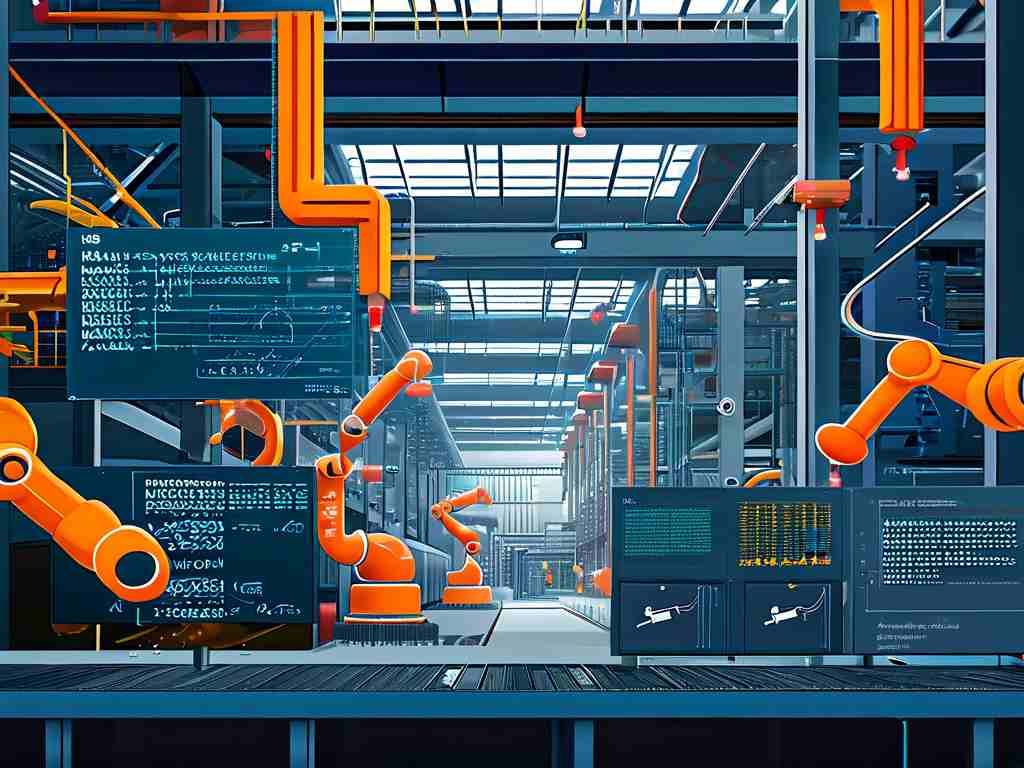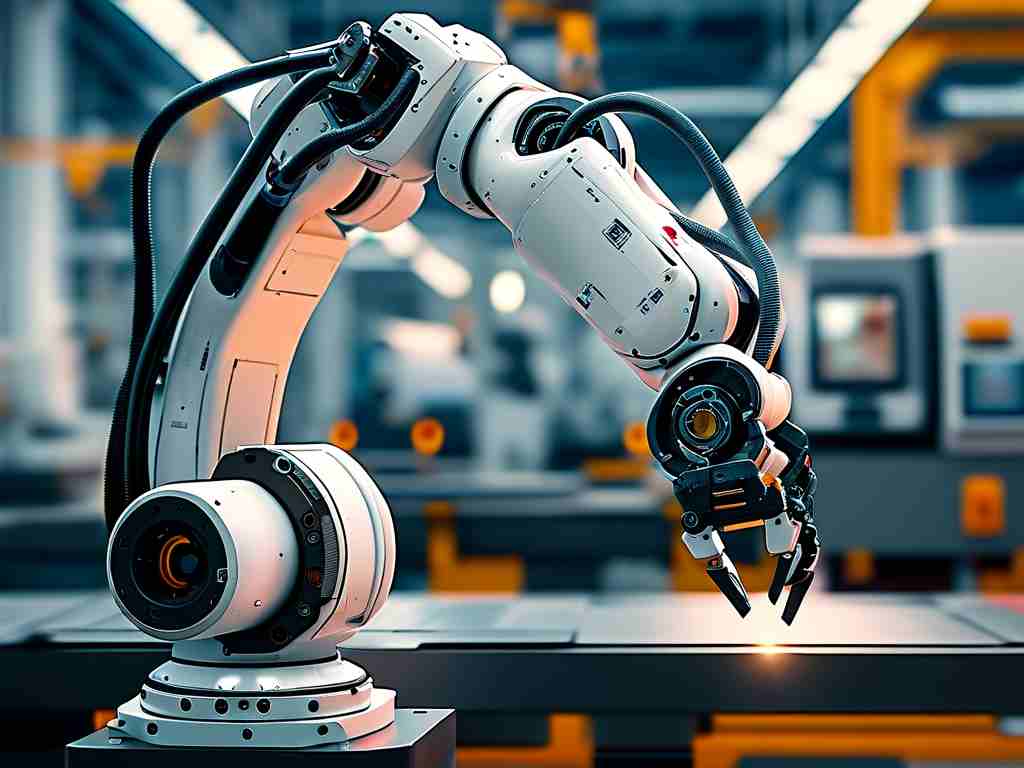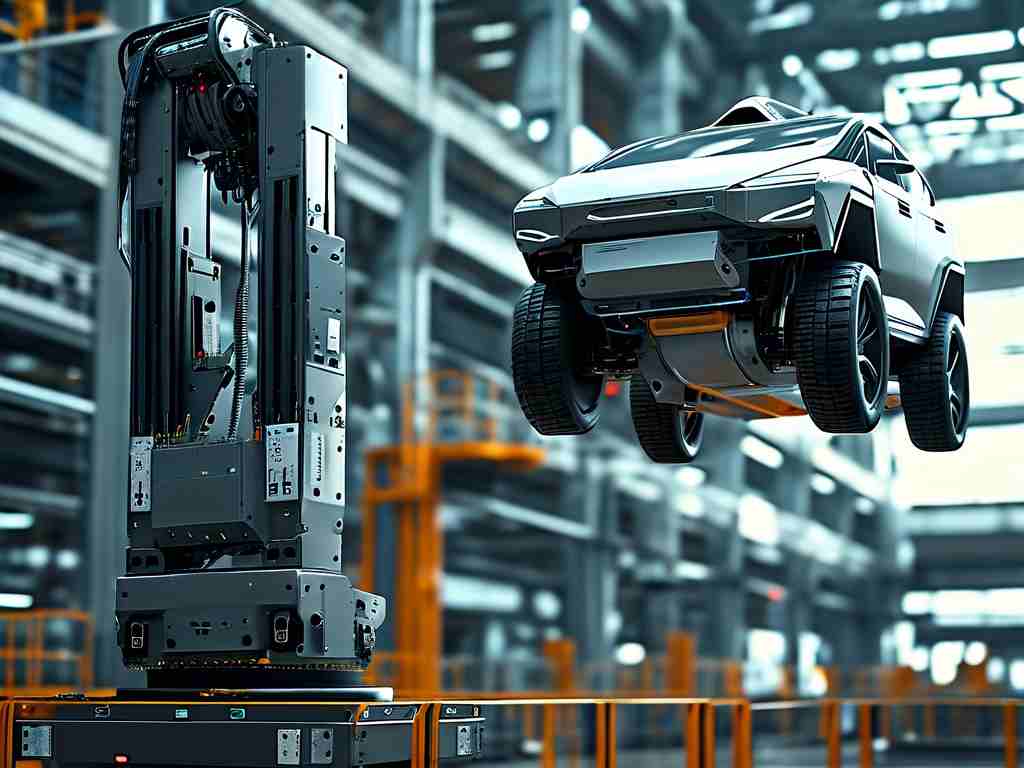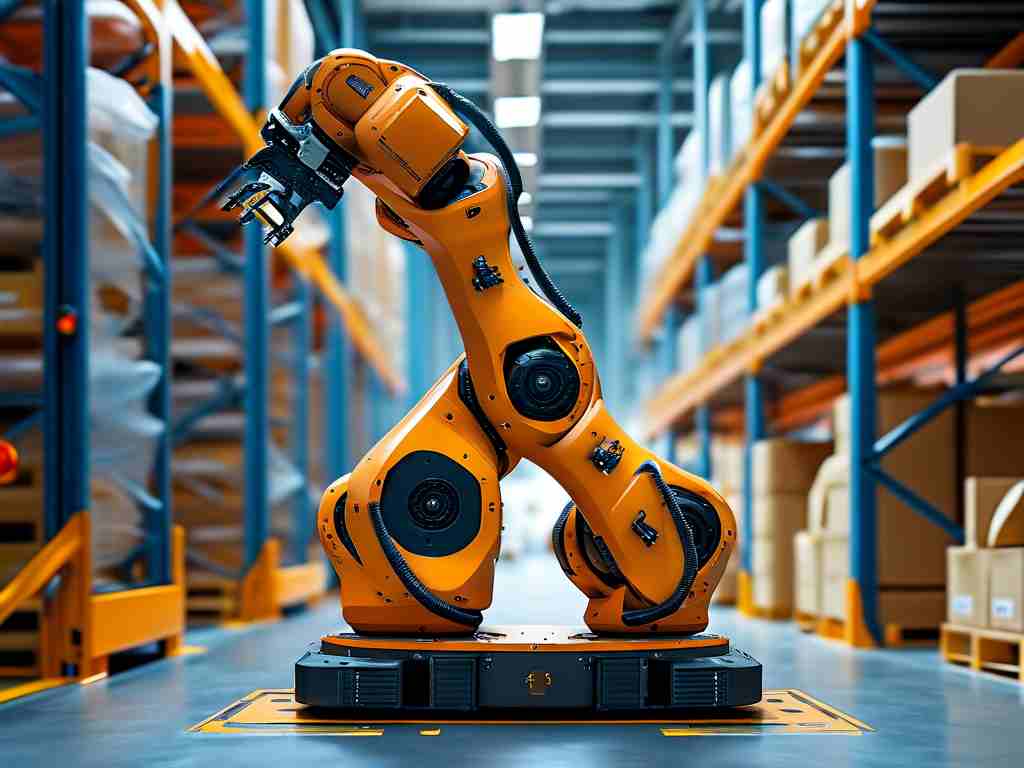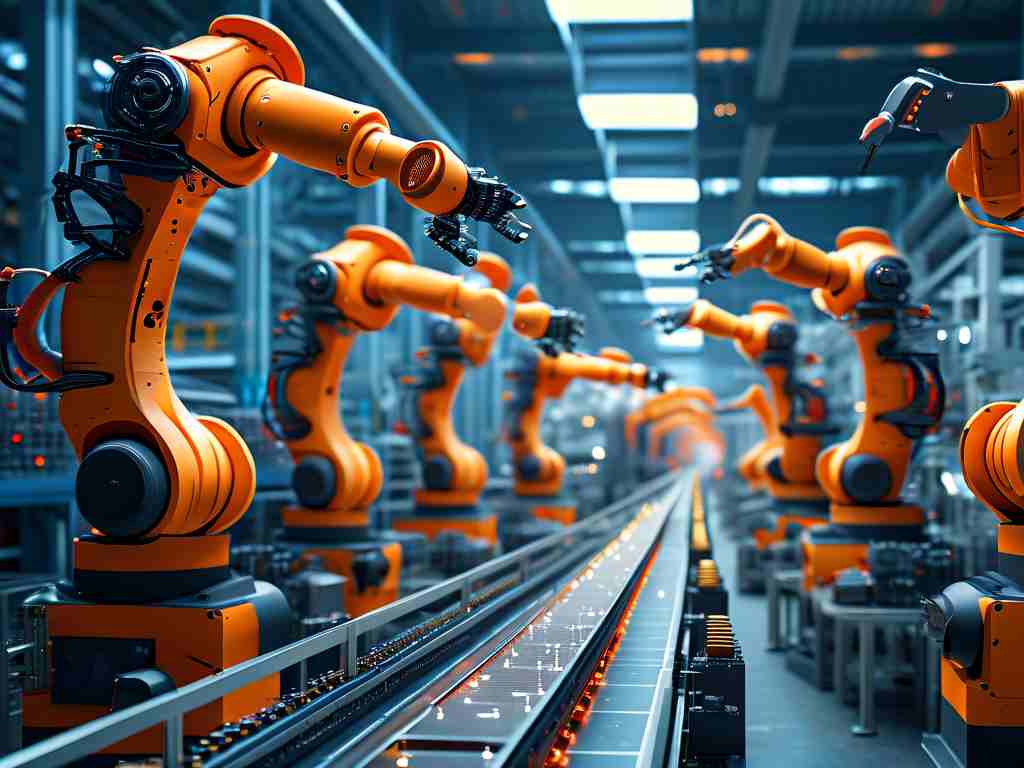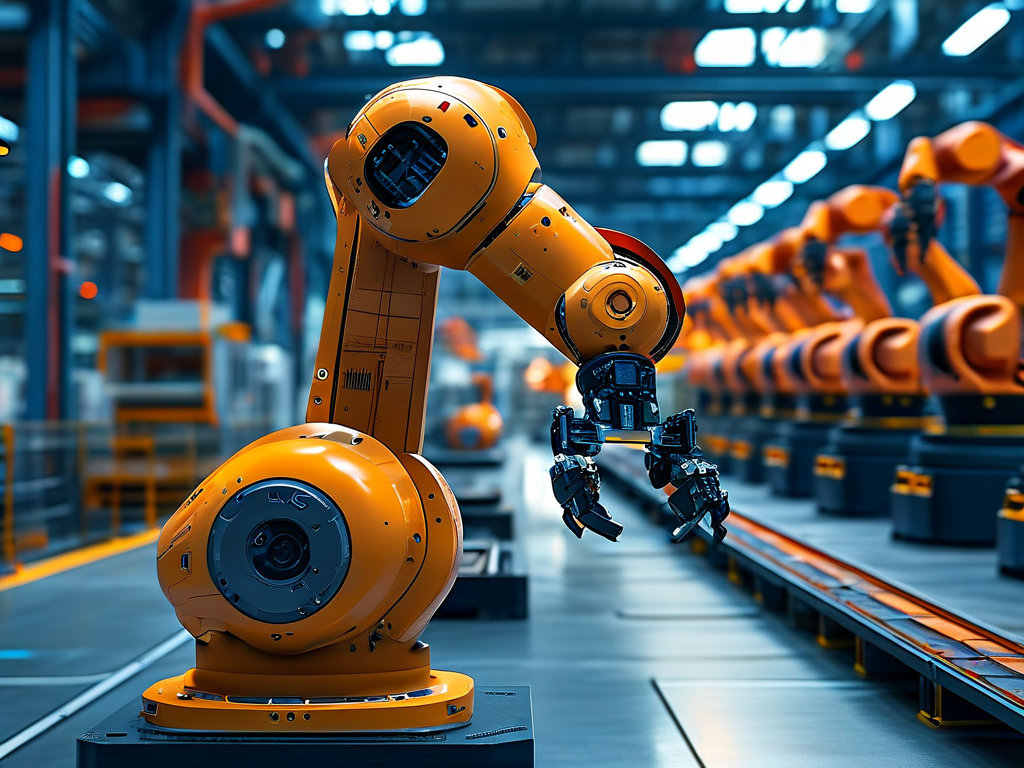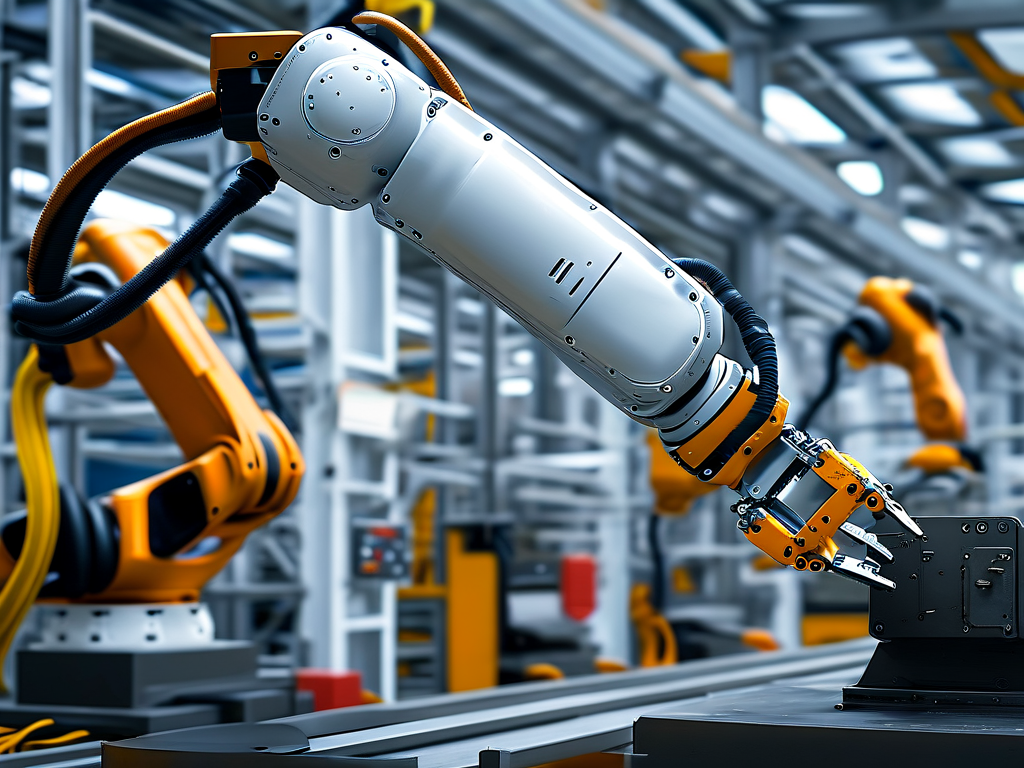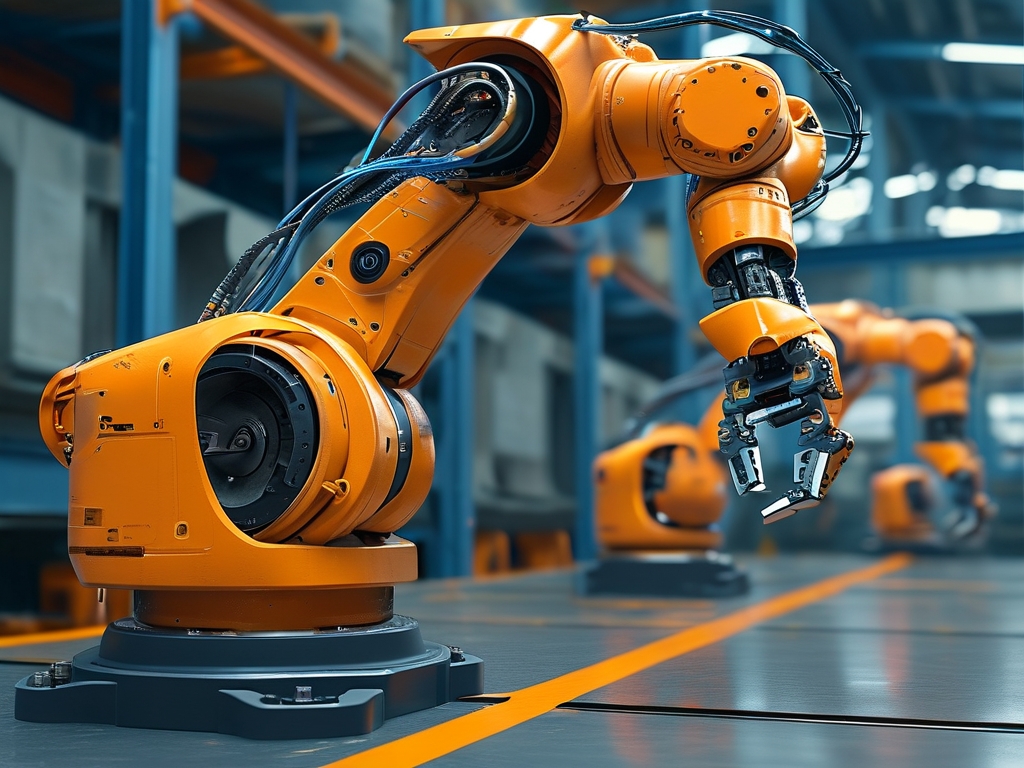In the rapidly evolving industrial landscape, advanced algorithms have become the backbone of modern manufacturing and process optimization. These computational tools enable enterprises to solve complex problems, enhance operational efficiency, and drive innovation. This article explores six foundational algorithms widely adopted in industrial settings, demonstrating their practical applications and transformative potential.
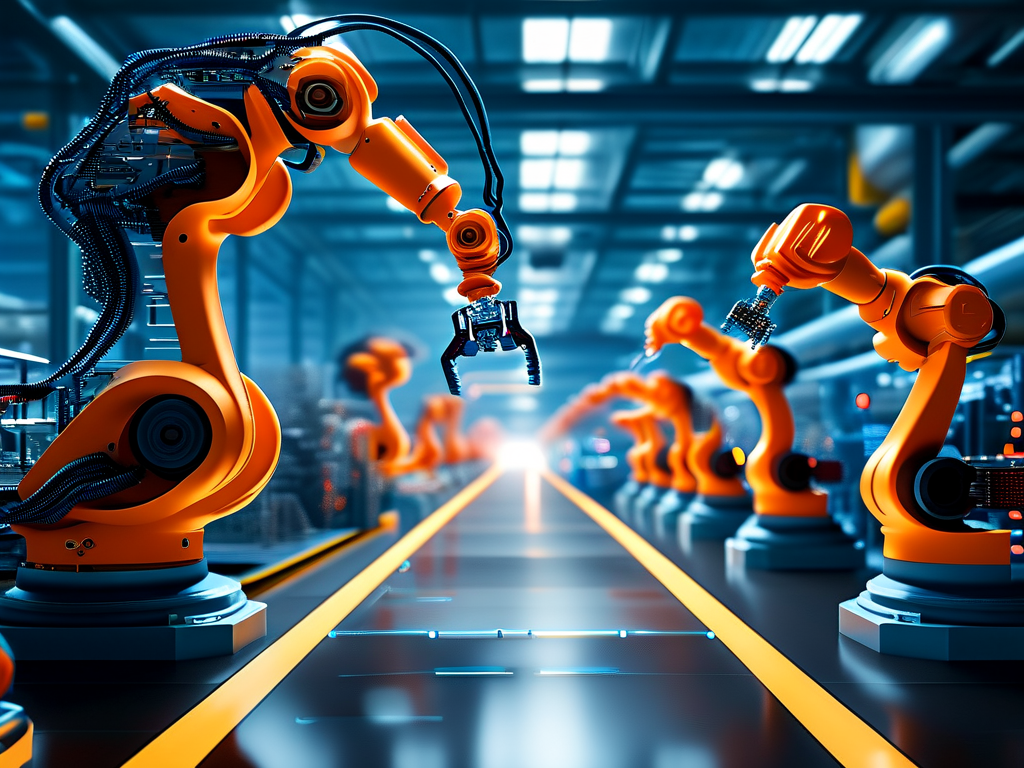
1. Linear Programming (LP) for Resource Allocation
Linear programming remains a cornerstone in optimizing resource distribution across production lines. By modeling constraints and objectives mathematically, LP helps factories maximize output while minimizing costs. For instance, automotive manufacturers use LP to balance raw material procurement, machine utilization, and workforce scheduling. A simplified LP model might resemble:
from scipy.optimize import linprog # Minimize cost: -3x1 - 2x2 c = [-3, -2] # Subject to: x1 + x2 <= 10, 2x1 + x2 <= 15 A = [[1, 1], [2, 1


